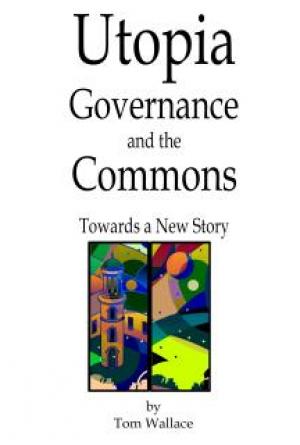Articles
“US expert warns of conflict among Shia groups in Iraq”, April 2016
1st , 2nd Paragraphs
The storming of the Iraqi parliament by supporters of Shia leader Muqtada al-Sadr has the potential to trigger an armed conflict among Shia groups, former U.S. envoy to Syria Robert Ford told Anadolu Agency Saturday.
Certainly it means two things,” Ford said. “It means, number one, there can be more political and maybe armed conflict between different Iraqi Shia elements between Muqtada al-Sadr and Nour al Maliki-supported groups, and maybe between militias belonging to some of the Iranian-backed groups and Muqtada al-Sadr supporters.
10th, 11th Paragraphs
“When all of these is happening in Baghdad, it of course must have an impact on the ability of the Iraqi national army to fight the Islamic State [Daesh] to date in Ninewah and in Anbar,” he said. “It will affect budgets, it will affect personnel rotations, soldiers and their officers who rotate in an out.”
He added that it would be impossible to imagine that this political fighting in Baghdad will not hurt the Iraqi effort against Daesh, which may “at least make it slower, impede it.”
http://aa.com.tr/en/world/us-expert-warns-of-conflict-among-shia-groups-in- iraq/564345
“Sadr Allies With Sunnis to Challenge Maliki”, January 2013
1st Paragraph
No one in Iraq had ever imagined that a popular and political alliance would one day bring together Muqtada al-Sadr and the Sunni Arabs. The two parties participated in an excruciating civil war (2006-2008) that resulted in thousands of casualties on both sides. Sunni Arabs have always viewed Sadr as the commander of an armed militia. However, they are now strongly calling on him to join them in their protests against Prime Minister Nouri al-Maliki.
6th Paragraph
With the failure of efforts aimed at dismissing Maliki through a former political alliance between Kurdistan regional leader Massoud Barzani, Sunni-backed Iraqiya List leader Iyad Allawi and Sadr, the demonstrations that recently started in Anbar reshuffled the cards through an alliance that is in the offing between Sadr and influential Sunni clerics led by Sheikh Abdul-Malik al-Saadi.
10th Paragraph
Today, the Sunnis share just as many differences as they do common goals with Sadr. The two parties have detainees in prison and they both hope that they will be released by a general amnesty. They both believe that Maliki monopolizes power in a bid to serve the interests of his party and his close associates. Moreover, they both have a close relationship with Turkey, a strategic ally of Barzani.
12th, 13th Paragraph
But when Sadr went to Iran after 2008 to study, his personality significantly changed. His close associates say that this resulted from his experience with the mistakes of Iran's ruling theory. In fact, when he returned to Iraq he adopted a different viewpoint regarding the relationship between the Shiite majority and the Sunni minority and described it as a "tolerant relationship," rather than a "hostile" one. Moreover, he started saying that "Maliki's entire policy is offensive to the Shiites because it portrays them as a tyrannical majority in the eyes of the Kurds and the Sunnis." Sadr concluded a press conference by saying that "Iraq is not only composed of Shiites, but of Sunnis, Kurds, Turkmen, Christians, Mandaeans and Jews as well.”
The Sunnis got that message, embraced it and translated it into demonstrations. Thus, they turned the former militia leader into a new Shiite hero who perceives them as partners, not followers.
http://www.al-monitor.com/pulse/originals/2013/01/sadr-sunnis-to-oust-maliki.html
“Iraq's Sadr calls for release of Turkish hostages”, September 2015
1st Paragraph
Iraq's powerful Shi'ite cleric Moqtada al-Sadr has condemned the kidnapping of 18 Turkish workers in Baghdad last week and said he was ready to assist the government in securing their release.
http://www.reuters.com/article/us-mideast-crisis-iraq-turkey-







